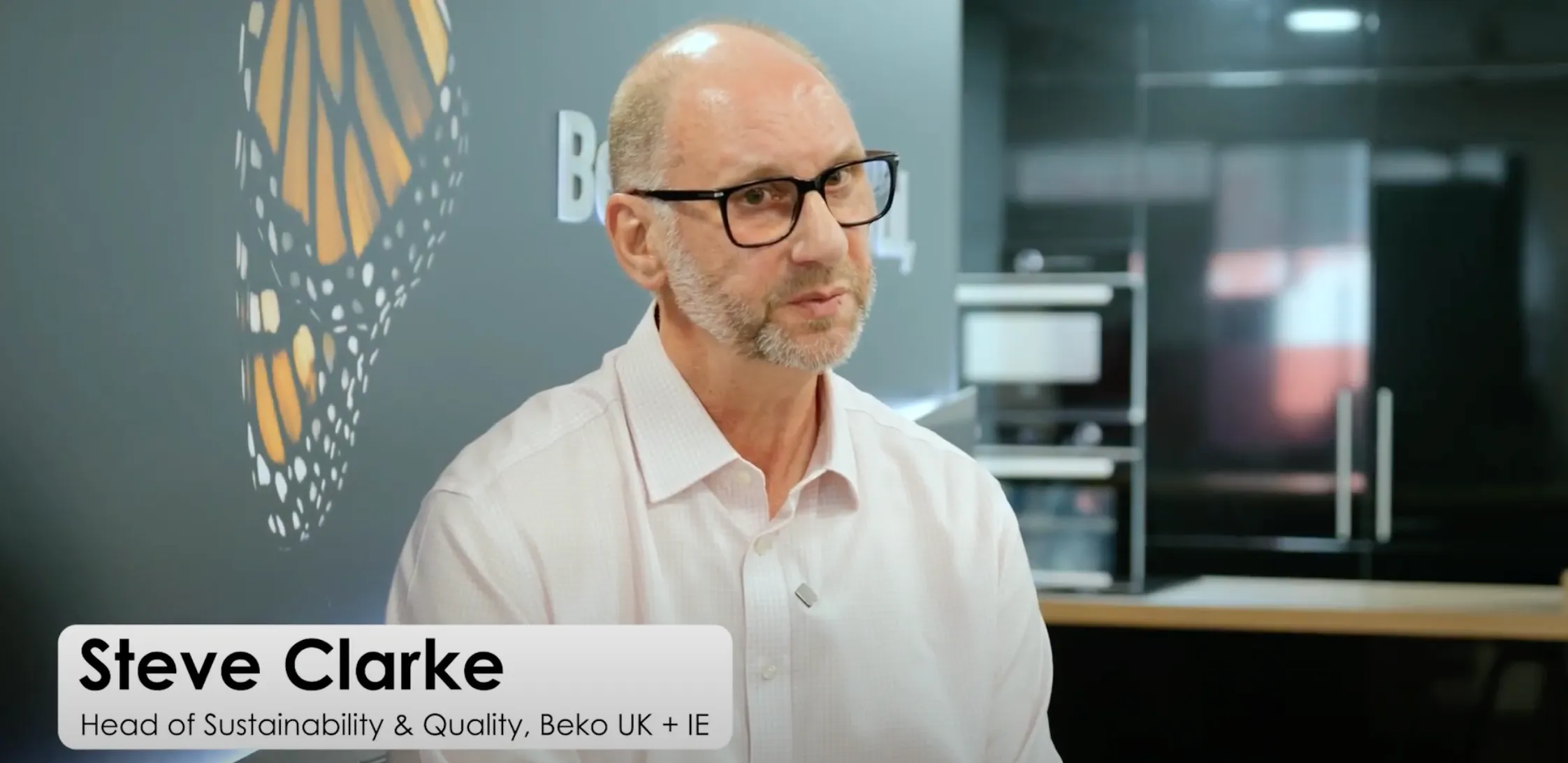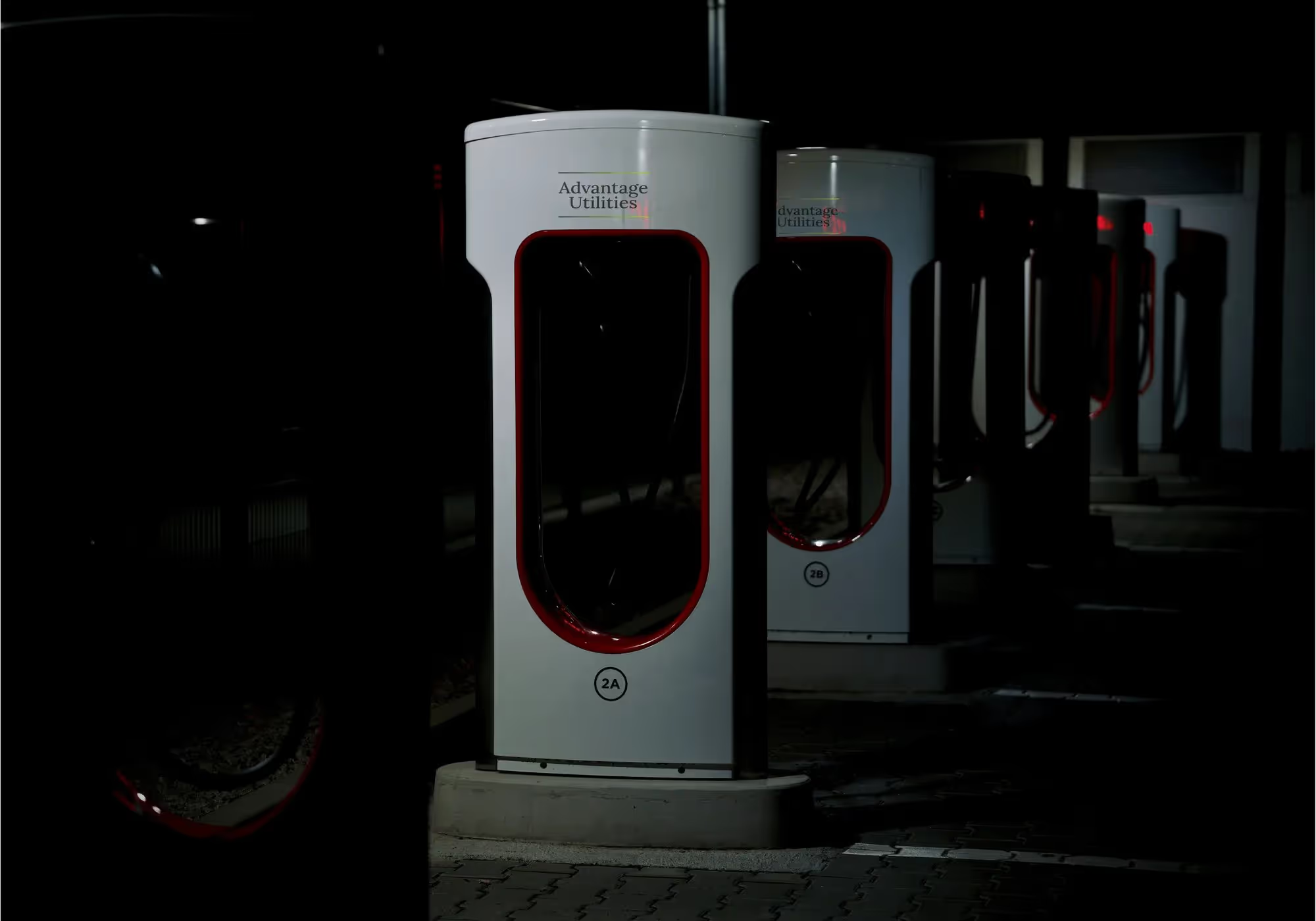We Are A Leading UK Commercial Energy, And Sustainability Consultancy
Autumn Budget 2025: What It Means for Business Energy
Digestible insights from Advantage Utilities
20+
Years Of Trade In Energy & Sustainability
No Fee
For A Commercial Energy Audit With Our Specialists
1:1
1-to-1 Support Throughout Your Journey
Let Us Contact You:

Featured Energy Consultancy




















Autumn Budget 2025: What Rachel Reeves’ Announcements Mean for the UK Energy Sector
Chancellor Rachel Reeves has unveiled her 2025 Autumn Budget, introducing major reforms that aim to cut household energy bills and reshape how the UK taxes energy and transport. While many measures focus oneasing the cost of living for households, several policies carry big implications for the wider energy market.

Advantage Utilities
Awarded
22,000+
21%
1:1
Transport and Energy-System Measures
New mileage-based tax on EVs:
- From April 2028:
- Battery-electric cars: new “pay per mile” tax of ~3p per mile
- Plug-in hybrids: ~1.5p per mile
The goal is to ensure all drivers contribute to road maintenance, but industry groups warn it creates mixed signals at a time when EV adoption is being encouraged.
Colin Walker, head of transport at the Energy & Climate Intelligence Unit, said the levy sent a mixed message:
“Trying to encourage people to embrace electric vehicles whilst adding a new tax on those vehicles is a recipe for confusion," Walker said.
Tax measures on energy generation
- A temporary Electricity Generator Levy will apply to certain generators to help fund bill support and public services.
- The Energy Profits Levy on fossil-fuel companies remains high, with potential implications for investment decisions.
- Long-term support for clean energy
Funding continues for:- Renewables and nuclear
- Home-efficiency upgrades
- Low-carbon heating through the Warm Homes Plan
However, these initiatives will rely less on supplier obligations like ECO and more on direct government support.

Potential Opportunities For Business Owners
Incentives for on-site generation
Enhanced tax treatment for commercial investments, including solar PV on business premises, may improve ROI for companies installing on-site renewable generation.
Support for energy-intensive sectors
Industries with high electricity demand will continue to receive relief through:
- British Industry Supercharger (BIS)
- British Industrial Competitiveness Scheme (BICS)
These programs significantly reduce electricity costs for qualifying businesses.
For business properties used in heavy-electricity sectors, there is an energy-cost benefit, though that’s driven by use/sector rather than the building itself.
Oil and gas policy shifts
The government will now allow new oil and gas production on or near existing fields when it does not require new exploration.
At the same time, windfall-style profit taxes will remain, despite industry pressure for early removal. Operators warn this may constrain investment and affect job stability.
Quick Takeaways for Advantage Clients
- Most business energy bills will not fall, unlike household bills.
- Energy-intensive industries benefit the most from relief schemes.
- Competitiveness gaps may widen between firms eligible for BIS/BICS and those outside the schemes.
- EV fleet costs will rise gradually from mileage-based taxation.
Meanwhile, wholesale energy markets have softened. After a steady decline since early July, the last week saw a sharper drop driven by stable demand alongside strong wind generation and healthy LNG supply to UK shores.

Energy, Gas & Water Services
Flexible Energy Procurement

Our dedicated in‑house trading desk lets you take advantage of market movements, spread risk and secure the best deals for your business energy.
Learn moreBusiness Energy Procurement

Specialist energy procurement strategies that secure the best rates, reduce risk, and deliver measurable savings for your business.
Learn moreGreen Energy Contracts

Sourcing your energy from renewable and environmentally friendly sources delivers a range of benefits to your business. We are proud to provide you Green Energy Contract.
Learn moreEnergy Risk Management

Flexible procurement is only as effective as the tools behind it, which is why we pair our trader-led strategy with real-time insight and intelligent control. Our Advantage Logics platform centralises all your utility bills, carbon reporting, and billing workflows in one place, while Advantage Analytics gives you live visibility of energy usage across your sites. Combined with our Market Intelligence & Risk Management service, powered by in-house analysts monitoring the market daily, you gain the full picture, when to buy, how much to use, and where to save. Whether you’re hedging against volatility or timing spot purchases, we give you the data and support to act with confidence.
Learn moreMulti-Site Management

Our 360° approach to multi-site energy management offers a comprehensive solution that covers every aspect of your energy needs.
Our unique combination of procurement strategies advanced monitoring and compliance support ensures that you achieve cost savings, efficiency, and sustainability across all of your locations.
Siteworks & Meter Installation

Our experienced team helps you navigate the energy market with a strategy that suits your needs, whether you value cost certainty, flexibility, or greener options. We’ll guide you through fixed, flexible, and renewable supply choices with clear, impartial advice.
Learn moreWhy Advantage Utilities

Assess. Optimise. Manage.
What Our Customers Think About Us
Energy Specialist Services
Our Values
Energy is a major overhead for businesses, yet many want to better understand how to manage it. As a specialist business energy consultancy, we provide clear guidance on selecting the best contract type to help optimise your energy costs.

Knowledgeable
We have advised businesses of all sizes on the best ways to future-proof operations.
Transparent
Clear honest advice, supported by clear financial projections and savings.
Client-focused
Bespoke, proactive, drop-everything level of customer service.
Specialist Services
What Our Clients Say About Us
"Advantage not only offered a fully encompassing solution but took over and executed this perfectly. The board have been extremely pleased with the prices Advantage have gained for us and the company has managed to reduce its energy costs by 28% in the first year."
The Group Finance Director
The Caro Group
"You offer a 'drop everything' level of service for all our needs with a single point of contact for us to speak with who understands us and how we work. That attribute is very rare in most companies."
Patrick Flynn, Senior Manager
The Urang Group
"Not only has my account manager allowed me to streamline my utilities, he has made my life so much easier. We achieved an overall 30-40% saving on our bills which made my bosses happy. It's people like him that give companies good names and will keep customers coming back."
Frankie Williamson
EQTR
"I was worried I was going to have a stressful situation on my hands which could have ended up in court — but Advantage Utilities resolved everything for me and managed to secure a considerable refund for me. What a relief!"
Melissa Maini, Director
Commercial & Co.

Speak With Us
We understand the complexities of navigating your energy, book in a time to speak with us below
Book A Consultation




.avif)





















